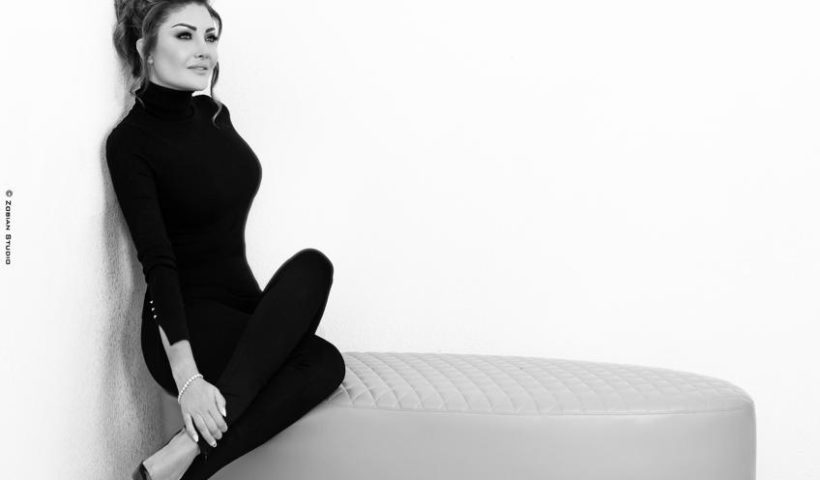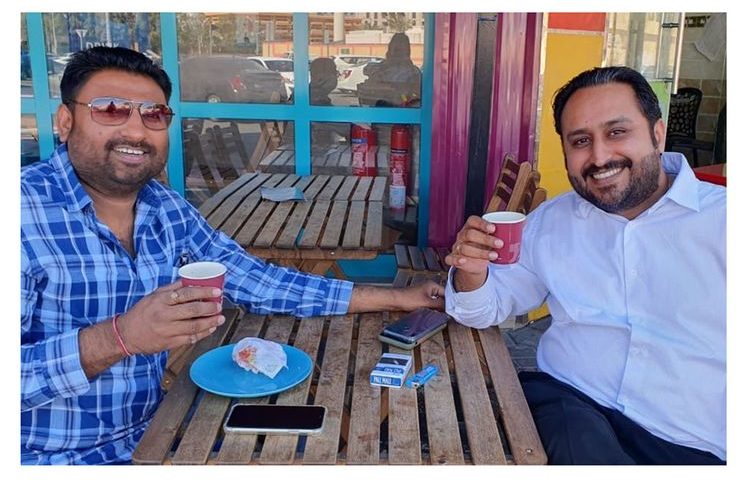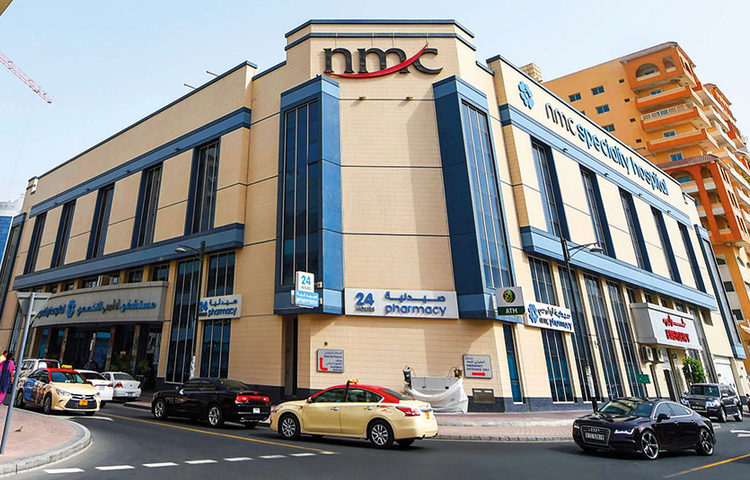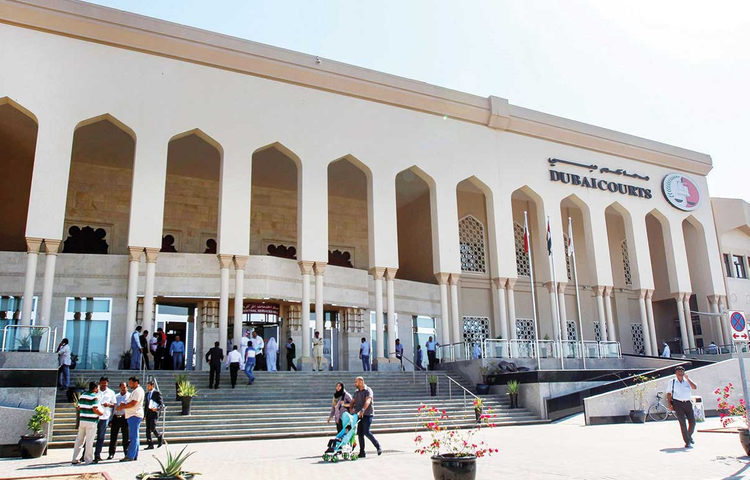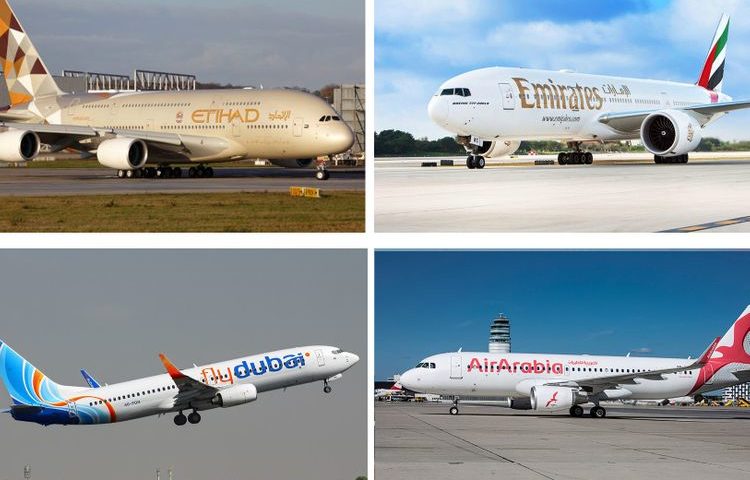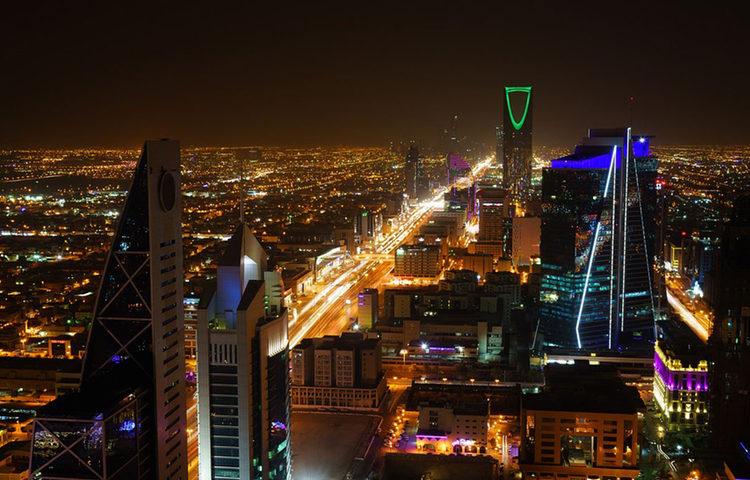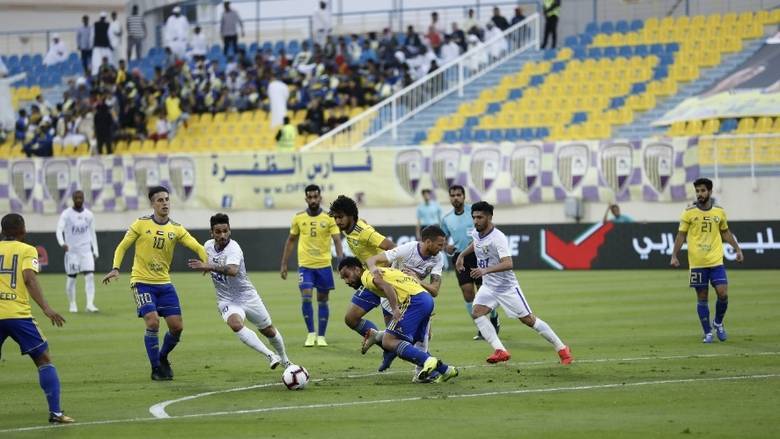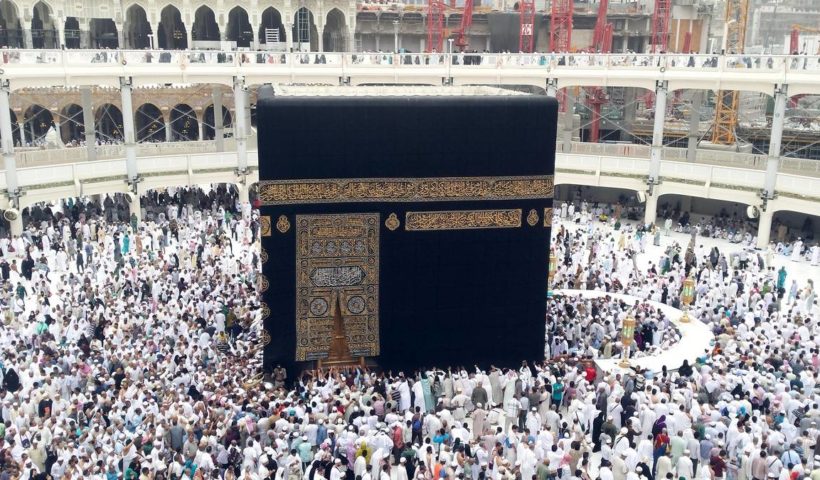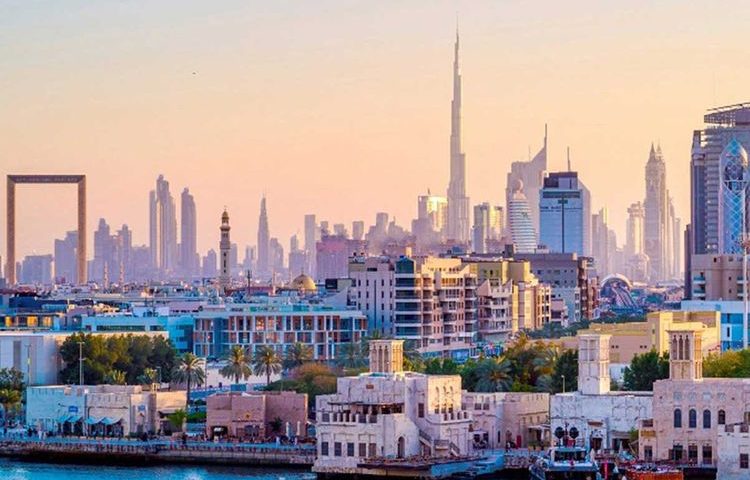All UAE football matches will be played behind closed doors until further notice as a precautionary measure against coronavirus.
The UAE Football Association said that it’s constantly following up with the concerned authorities for the latest updates on coronavirus and precautionary measures to be taken.
“The UAE FA prioritises the safety of all the players, technical staff, administrators and the loyal fans of football over any other matter. Therefore, it was decided that all the football competitions in the UAE will be played without the presence of spectators as follows: President’s Cup, First Division League, Second Division League, youth competitions, futsal competitions, beach soccer, women’s competitions, effective immediately and until further notice, in coordination with the concerned authorities,” the UAE Football Association said. “We highly request all the clubs, private academies and football entities to abide by this decision in order to ensure a safe society.”
First of the matches to be played in the stadiums without fans will be today and tomorrow as the Round 18 of the Arabian Gulf League resumes. These matches will be in stadiums of Dubai, Sharjah, Al Ain, Kalba, Abu Dhabi and Khor Fakkan.
Mohammed Abdullah Hazam Al Dhaheri, Secretary General, UAEFA, said workshops have been held to brief clubs about the precautionary measures to be taken at stadiums.
The UAE Pro League, the nation’s professional football league, said it is coordinating with all the relevant authorities with regards to the health situation.
“It was decided to suspend fan attendance in all its competitions until further notice, for the safety of the public,” the UAE Pro League said in a statement.
The next tournament to be played in empty stadiums will be the President’s Cup to be held on Tuesday with three teams from Abu Dhabi and one from Sharjah in action.
Decision on UAE’s World Cup qualifiers
The Asian Football Confederation (AFC) officials will meet with the FIFA to discuss the status of the FIFA World Cup 2022 and AFC Asian Cup China 2023 Asian qualifiers scheduled for this month and June. Later this month is the UAE national side’s clash with Malaysia for the FIFA World Cup qualifiers. The match is scheduled to be played at Al Maktoum Stadium, Dubai, on March 26.
Separately, the AFC Champions League group stage matches involving the UAE clubs to be held this week were postponed. Decision on new dates will be taken at the AFC’s emergency meetings to be held in Kuala Lumpur, Malaysia, on Saturday and Sunday. The matches to be played this month and April are likely to be moved to May and June.


